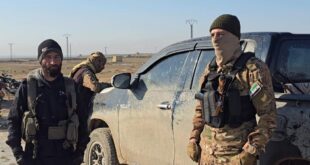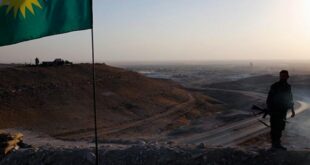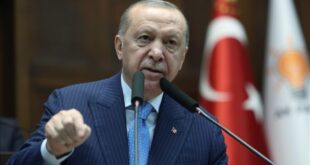The Secretary-General of the United Nations was forced to duck behind the podium at a press conference in Baghdad today when a suspected rocket attack shook the building he was in and sent debris falling from the ceiling. Ban Ki Moon was giving a joint press conference with Nouri al-Maliki, the Iraqi Prime Minister, at his office in the Green Zone, when the rocket landed about 50 metres away. Reporters said Mr al-Maliki had just finished telling reporters that Mr Ban’s visit was a sign that Iraq had made “huge strides on the road to stability” when the blast occurred.
The Prime Minister, who has had live television appearances interrupted by rocket and mortar attacks in the past, ignored the blast, telling a security man “nothing’s wrong” as he tried to hustle him to safety.
The UN chief, clearly unnerved by his reception, ducked briefly behind a podium. As he rose he cast his eyes to the right and left. Without making any comment about the blast the two men then resumed their briefing, answering a few more questions before ending the session a few minutes later.
The Associated Press said one of its reporters ran outside from the briefing and saw a one-metre crater about 50 metres from the building where the press conference was being held. Two cars were damaged in the blast, which Iraqi officials said was caused by a rocket.
US helicopters quickly took to the air and headed in the direction from which the rocket was fired, across the Tigris River to the east.
The two men briefed reporters after a one-hour meeting at Mr al-Maliki’s office. Mr Ban was due to leave Baghdad later on Thursday after the first visit to the Iraqi capital by a UN secretary-general for nearly 18 months.
Ban and al-Maliki were speaking to reporters after meeting for about one hour in the heavily fortified Green Zone.
Ban was to leave Baghdad later today after the first visit by a UN secretary-general in nearly 18 months. His predecessor, Kofi Annan, pulled all UN international staff out of Iraq in October 2003, after two bombings at UN headquarters in Baghdad and a spate of attacks on humanitarian workers. The first bombing, on August 19, 2003, killed the top UN envoy, Sergio Vieira de Mello, and 21 others.
UN staffers started to return a year later but their number remains strictly limited because of the security situation.
 Eurasia Press & News
Eurasia Press & News



